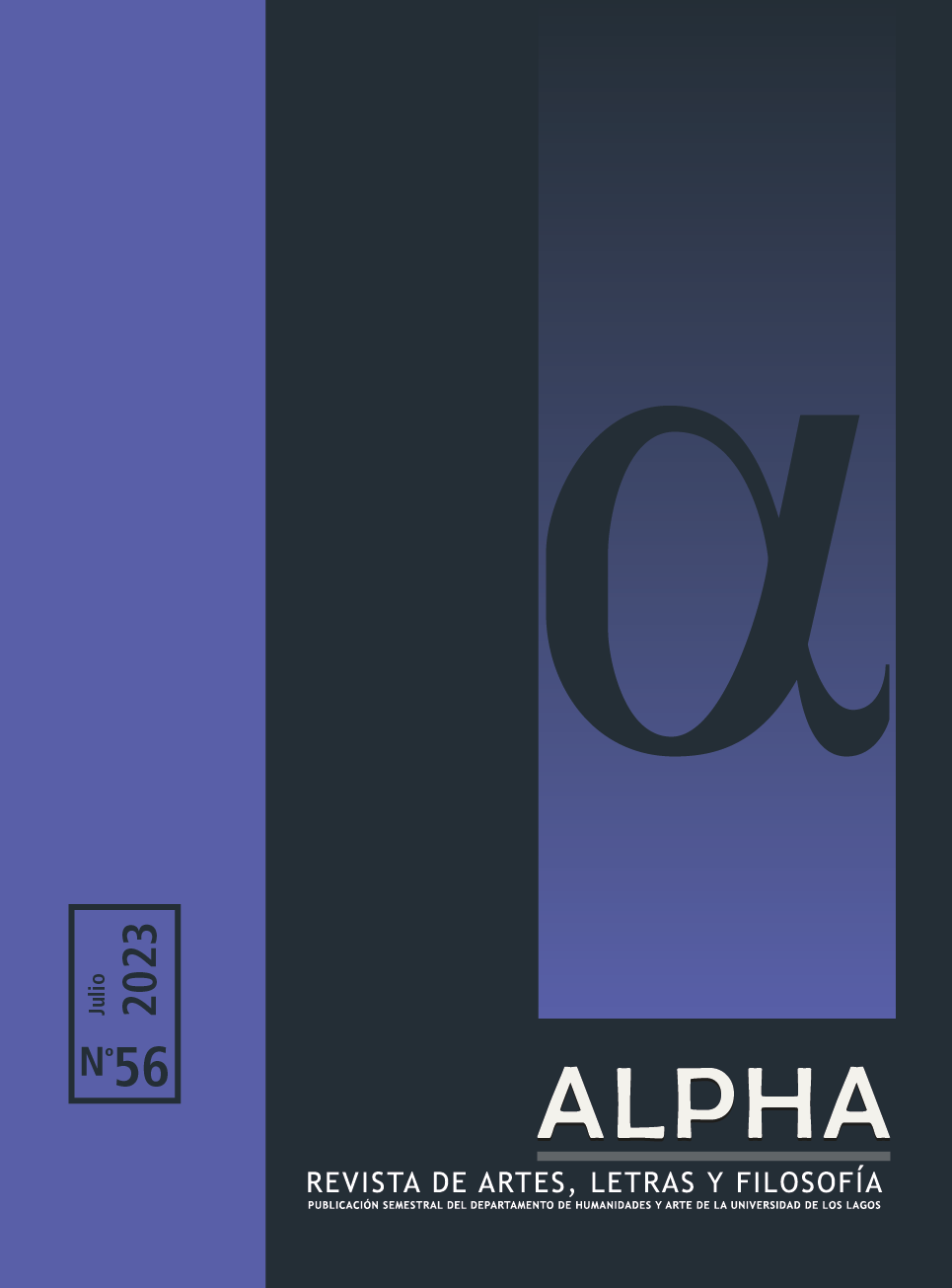Netebo: contributions of shipibo-konibo perspectivism to an indigenous philosophical reflection
Main Article Content
Abstract
The Shipibo-Konibo indigenous nation, settled mainly on the banks of the Ucayali River, is one of the most numerous in the Peruvian Amazon. This article proposes, based on the cosmogony of the ancient Meraya sages (visionary doctors of the Shipibo nation), a philosophical reflection on the possible ecological and ethical contributions of Shipibo perspectivism. The text argues that the notion of perspective (as understood by the Brazilian anthropologist Eduardo Viveiros de Castro (2013)) has an equivalence in the Shipibo concept of Nete, which is usually translated into English as world. The ancestral conception, according to which there are many interrelated worlds, proposes an ethical and ecological requirement for human beings in which no one ethical perspective can be imposed abusively over others. The present philosophical reflections are based on extensive fieldwork, with ethnographic rigour, and on a sustained interpretative study of the oral narratives of the Shipibo-Konibo people.
Article Details
Downloads

This work is licensed under a Creative Commons Attribution-NonCommercial 4.0 International License.
